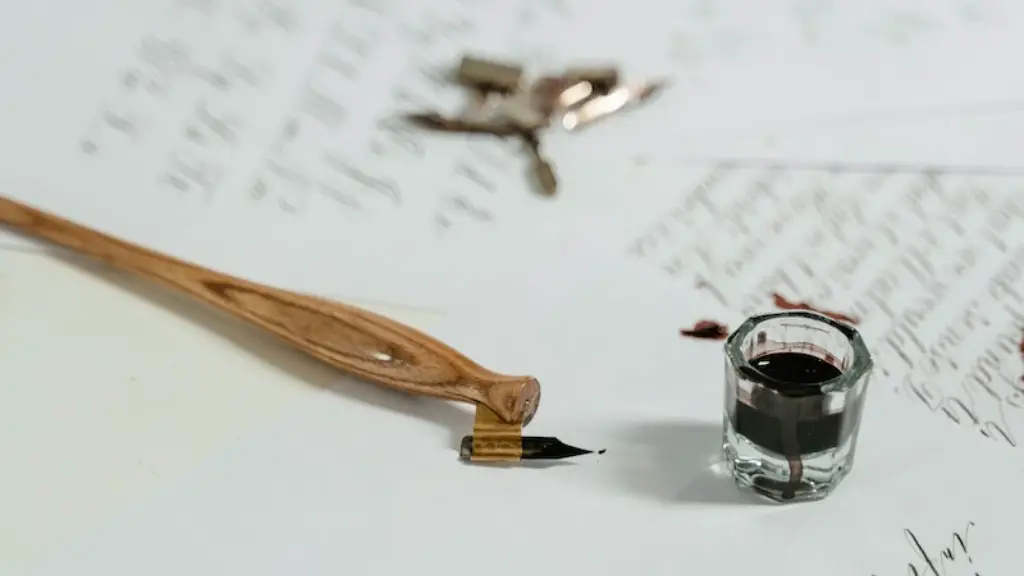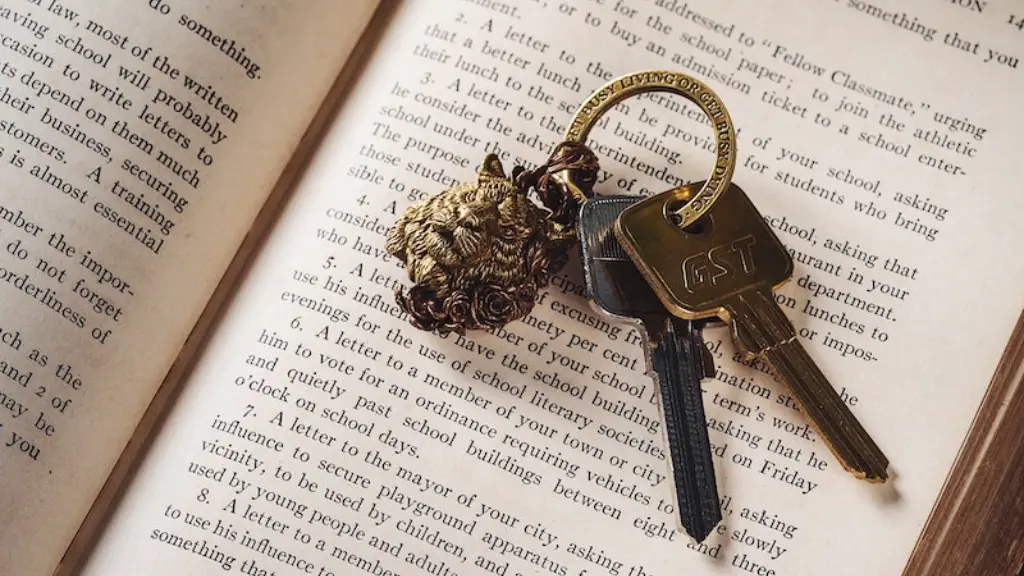Background Information
Slam poetry, or performance poetry, is a spoken word art form where performers recite their poems to an audience, who evaluate the performance and judge it. At poetry slams, contestants are judged on the content, performance, and technique of their poetry. Slam poetry is all about storytelling, and teaching people how to write and perform their own work is a rewarding and fantastic experience.
Understand the Basics
Before teaching slam poetry, it is important to understand and to have a basic knowledge of what performance poetry is and what it is not. Performance poetry requires a delivery style such as acting, singing, dancing and various other forms of non-traditional spoken word art. Performance frameworks such as slams, open mics, and character performances can be incorporated into the teaching.
Teaching Strategies
Teaching slam poetry can be approached in many ways. For example, story telling is a popular element of slam poetry which can foster imagination and engagement. Telling stories allows students to work with their own ideas. Poets can use metaphors, allusions, similes and other methods to convey a message. To encourage critical thinking and to help students understand the art of slam poetry, instructors can assign and discuss various complementary readings such as oral tradition, lyric poetry, and narrative poetry.
Another way to approach teaching slam poetry is to tell the students to write their own poem and then perform it with emotion, tempo, and cadence. Teaching performance tactics such as gestures, voice modulation and facial expressions is key, as student will be judged on their delivery. Instructors can also review the history and culture of slam poetry and its modern context.
Creating a Safe Environment
It is essential for instructors to create a safe space for students to learn, create and share their work. This is especially important for slam poetry, which is based on emotional expression and personal thoughts. Before beginning, it is important to discuss the concept of respect and to remind students to be respectful of all opinions and diverse viewpoints that might be shared in the class. It is also important to emphasize the role of active listening and foster the understanding that constructive criticism can lead to growth.
Workshops and Challenges
Workshops can be a great way to practice skills and concepts that have been taught. Having a workshop allows poets to hear a broad range of ideas and feedback. Poets can have the opportunity to work in small groups and perform their work to each other or have a one on one dialogue with their instructor.
Challenges are an effective way to nurture problem-solving skills and help poets think strategically about performance. It is essential to divide students into groups so that each can receive adequate support and guidance. This can be an effective way to develop their interaction in positive ways.
Guidance from Experiences Poets
Having experienced slam poets as guest speakers can be beneficial for students in many ways. They can help to create a vision, motivate students, inspire them to pursue their dreams and provide guidance with their experiences. Poets can also teach students about the culture, history and language of slam poetry, and offer constructive feedback on their work.
Individualized Mentoring
Providing accessible individualized mentoring can be beneficial in developing their writing and performance skills. Working one on one with a mentor allows students to deepen their understanding of their craft, so they can further develop their technique and skills. Giving constructive feedback also helps to create a relationship between student and teacher.
Organizing a Student Showcase
Organizing a student showcase or open mic can be a great way to engage an audience and to build a relationship with the local slam poetry community. What’s more, it gives students an opportunity to perform before an audience and get feedback from those who attend. Furthermore, it can teach them essential lessons about the business side of performance poetry and help them to learn how to manage the event.
Evaluating Performance
Evaluating performance is an essential part of teaching slam poetry because it helps poets refine their skills and also helps them appreciate constructive criticism in a supportive environment. It is important to explain the purpose of evaluation before beginning. This can be done through discussing online and live slam scenes, audience evaluation and quantifying (score out of ten) student performances. Students should have an understanding of the impacts of the evaluation of their performances, including the idea that nothing is permanent and the importance of responding to both positive and negative feedback.
Further Resources
Educators can further support their students by providing resources such as access to audio visual materials, and printed material such as examples of slam poetry. Teachers can also direct their students to additional sources such as conferences, workshops and webinars. Resources can help to nurture the growth of young artists and foster their passion and creativity.
Encouraging Students
Teaching slam poetry is challenging because it requires an understanding of the craft, along with an openness to different approaches, an understanding of history, and the ability to evaluate performances. It is important for educators to encourage their students by recognizing their work and dedication to the craft. Educators should also provide an atmosphere where students feel comfortable to explore different aspects of the craft. Encouraging students is key to understanding and enjoying the world of slam poetry.
Nurturing Creative Writing
Creative writing is a powerful tool for performance poetry, and it goes beyond writing poetry. Educators can use creative writing techniques to extend the poetry writing process and to get students to think outside the box. Creative writing prompts and activities such as free writing, stream of consciousness writing and word-association can be a great starting point to help students tap into their creativity.
Exploring Language
Exploring language can be one of the best ways to learn about slam poetry. Learning about different poetic techniques and elements, understanding the power of language, and analyzing different texts can be beneficial to students. Likewise, exploring the etymology of words bridging the gap between the traditional forms of language and the modern use of it. Students can uncover the power of language and analyze the way it is used in traditional and modern writing.
Building Connections with the Community
Building connections with the local slam poetry community is incredibly important. Educators can nurture relationships with local poets and their peers to enhance the learning environment and foster a sense of community. Community events, workshops and discussion groups are great ways to build connections and develop a broader understanding of the culture of slam poetry.



